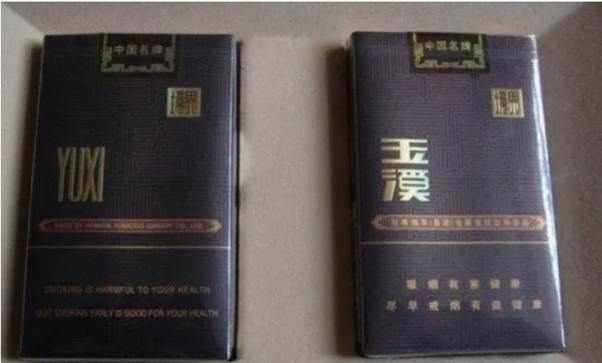Your question is almost impossible to answer.
Chinese has a vast number of homophones. So when you say “yuxi,” it could have dozens of meanings.
Here’s one of my guesses.
First, the “Yuxi” you mentioned refers to 玉溪 (Yuxi), a city in Yunnan Province, China.
But in China, when people mention this word, they don’t usually think of it as a city, but rather as this.

That’s right.
One of the best cigarettes in China.
There’s a saying: “Yun first, Gui second, Zhonghua third.” The best cigarettes come from Yunnan’s tobacco, and Yuxi is one of the top brands.
There’s also a famous sub-brand, commonly known as “Hei Yu,” which means black jade.

So why is it associated with the moon?
Because the local ethnic minorities worship the moon.
Here’s a scenario I’ve imagined:
You’re a foreigner visiting Yuxi in Yunnan, having a great time, but due to the language barrier, you ask a young guy smoking “Hei Yu” where you are. He says, “Yuxi, Hei Yu!”
You note it down: Yuxi = black jade.
Then you ask another person, “Yuxi?”
He says: “Yeah, the moon!”
So you remember Yuxi = moon…
This is sort of a joke, but it’s not entirely impossible.
For example, in the recent civil war in Myanmar, with intense fighting, the U.S.-backed Kachin Independence Army is entirely Christian. In fact, they’re the same as the Jingpo people in China, who are Buddhist. But why are they called Kachin? Because when the missionaries first met them, they asked, “What’s this place?” They answered, “This is the red land” (in Jingpo language, “Kachin” means red land). So they became the Kachin people, and since the missionaries brought medicine and guns, they adopted Christianity.
This is purely speculation because your question is really strange, and this is the only kind of answer I could come up with :)